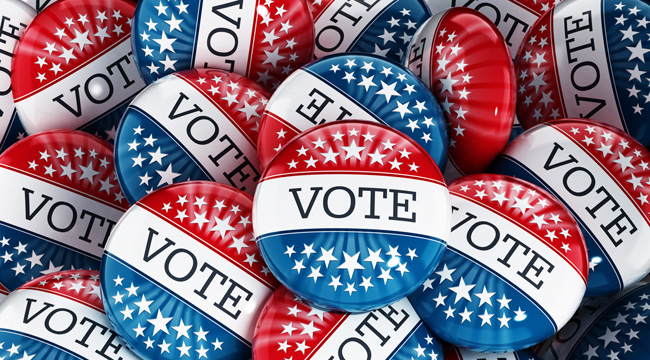
The Democratic governor of Virginia, Terry McAuliffe, made good on a campaign promise that he’s been working to achieve since entering office in 2014. He’s granting 200,000 convicted felons — who have served their sentences and completed probation — the right to vote. This could make for a huge influx of registered voters before this November, which could have a significant effect on the election. Only two states, Maine and Vermont, place no voting restrictions on felons at all (they can even vote from prison). Several others states allow felons to vote after a determined period of years, as long as they’ve served their time and paid appropriate fines.
McAuliffe restored this right through an executive order, so he bypassed the state’s Republican-led legislature. This will likely lead to backlash because the change will take effect before the November elections. McAuliffe wishes to fully reintegrate convicts back into society (voting, working, and paying taxes). He was eager to dismiss the state’s Constitutional provision that dates back to the Civil War, and most of the felons who will regain the right to vote are African American:
Virginia’s Constitution has prohibited felons from voting since the Civil War; the restrictions were expanded in 1902, as part of a package that included poll taxes and literacy tests.
In researching the provisions, advisers to the governor turned up a 1906 report that quoted Carter Glass, a Virginia state senator, as saying they would “eliminate the darkey as a political factor in this State in less than five years, so that in no single county of the Commonwealth will there be the least concern felt for the complete supremacy of the white race in the affairs of government.”
McAuliffe hopes to destroy his state’s “horrible history” with African American voting rights, but Republicans will likely contest the blanket reinstatement. A few hundred thousand citizens, who may be inclined to vote for the party who gave them that right, could have a large effect. Of course, not all of these convicted felons will run out and register. One provision in the law limits this newfound restoration to existing convicted felons. For anyone who does hard time in the future, decisions will be made on a more individual basis.
(Via New York Times)
